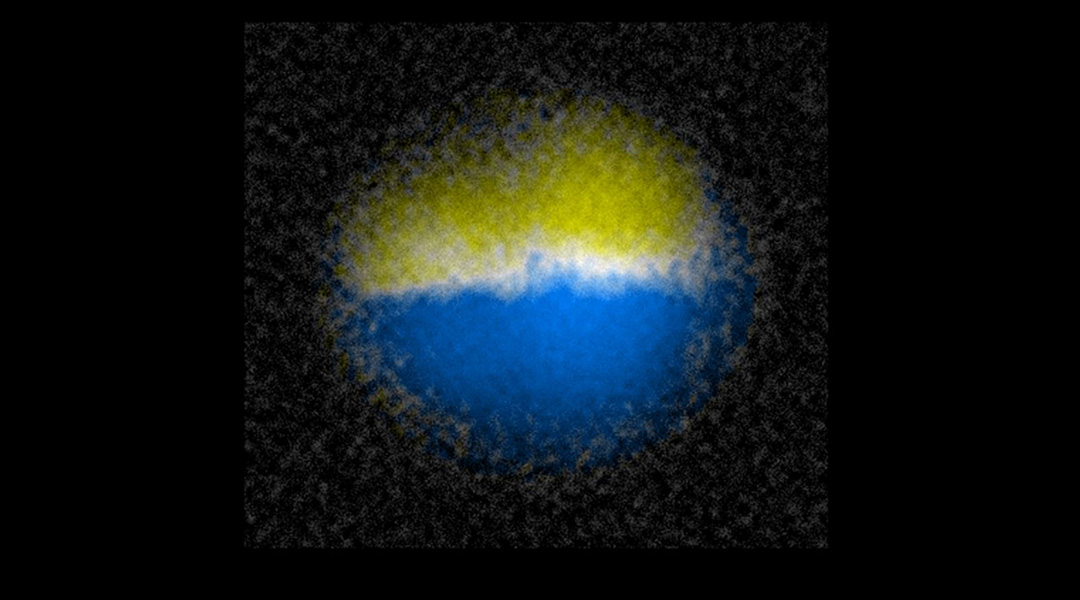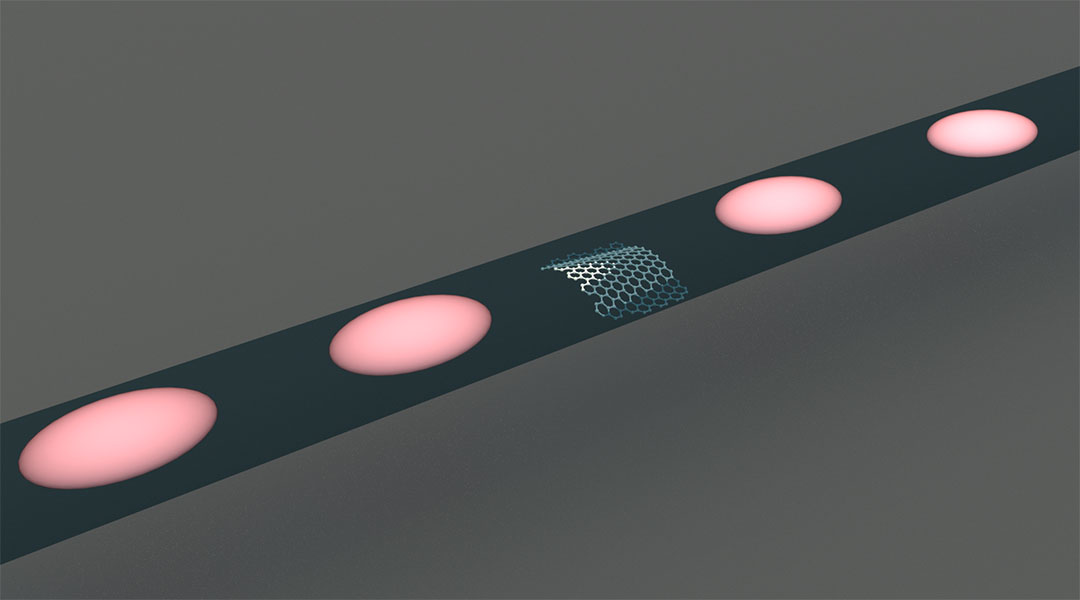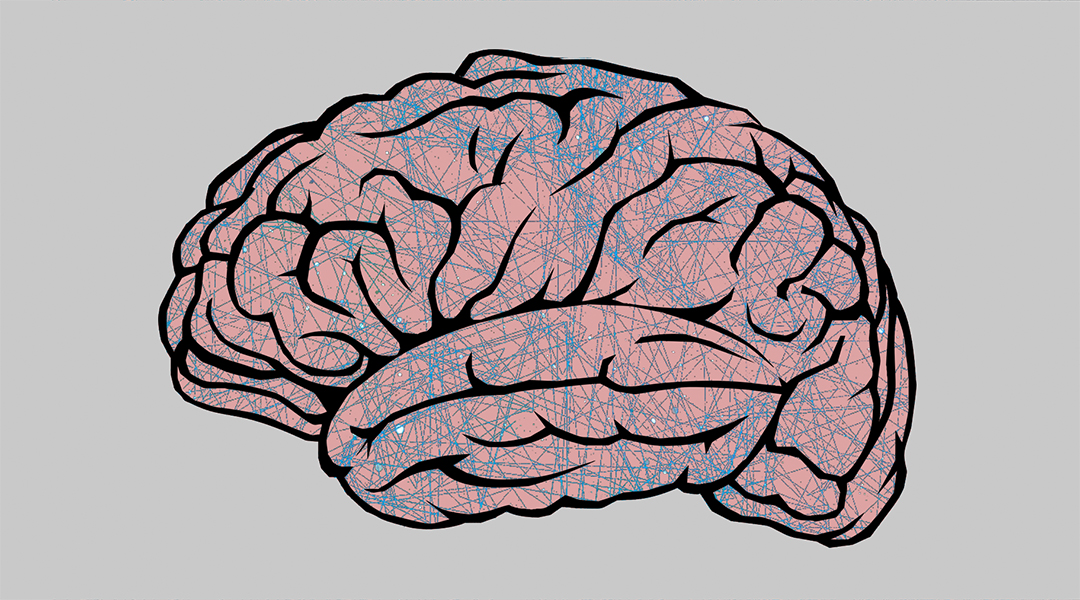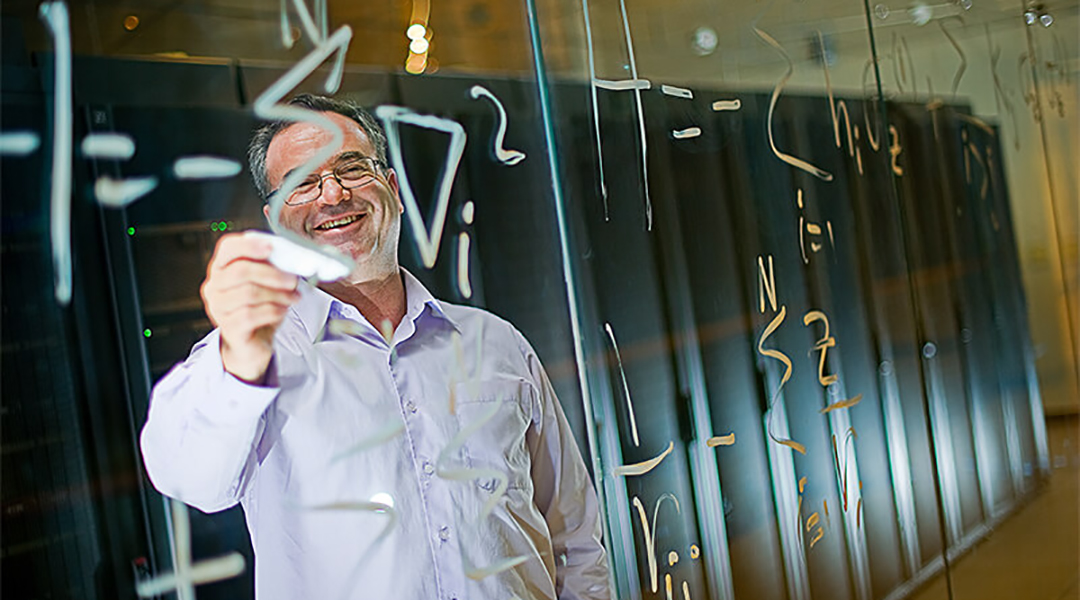A set of quantum computers was put to the test by playing the notorious triangle game.


A set of quantum computers was put to the test by playing the notorious triangle game.

Researchers have discovered how to create and manipulate a quantum object called a “domain wall”, which exhibits particle-like properties.

Photonics offer a natural link between communication and computation, providing a potential bridge to build a quantum internet.

Researchers were able to detect a “needle” of highly fragile quantum information in a “haystack” of nuclei.

An intelligent material that learns by physically changing itself, similar to how the human brain works, could be the foundation of a completely new generation of computers.

Researchers create a quantum nanochip that is capable of producing stable, high-quality qubits and could open doors for powerful quantum computers.

Researchers are developing algorithms and machine learning methods to further our understanding of the quantum state space.

Computer simulations provide a better means of optimizing, predicting, and understanding experimental observations in the search for new battery materials.

The future will witness a gradual shift in which computational models will play a progressively larger role in identifying new materials for specific purposes.

An exciting and exotic approach to minimizing error in quantum computation re-purposes a known code to achieve what many researchers thought was impossible.